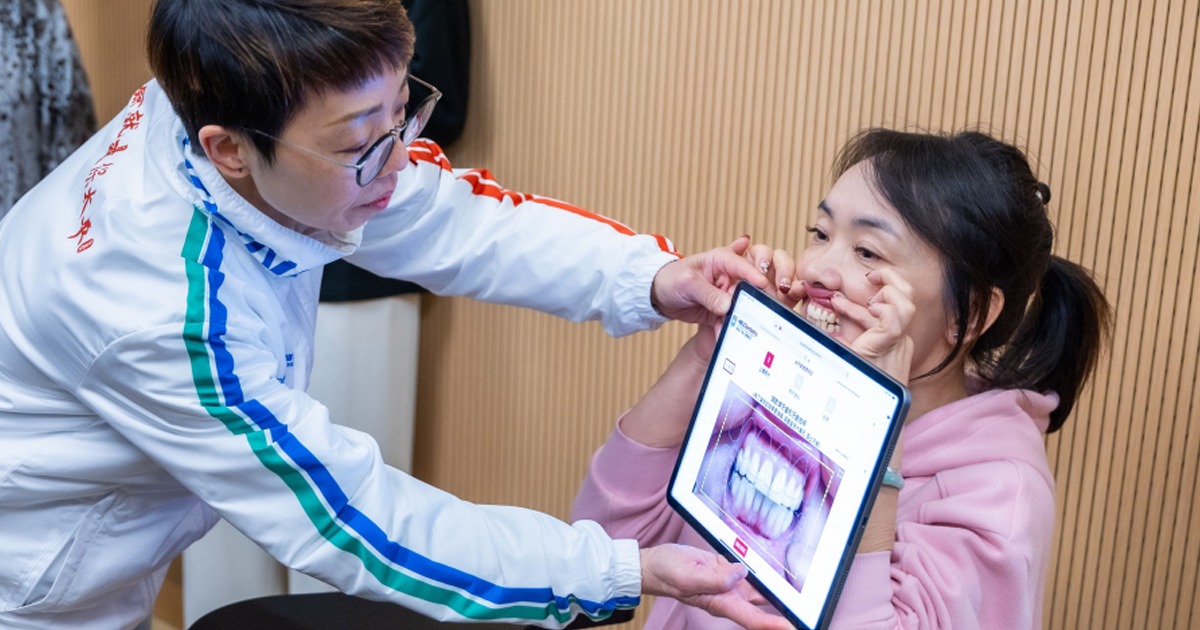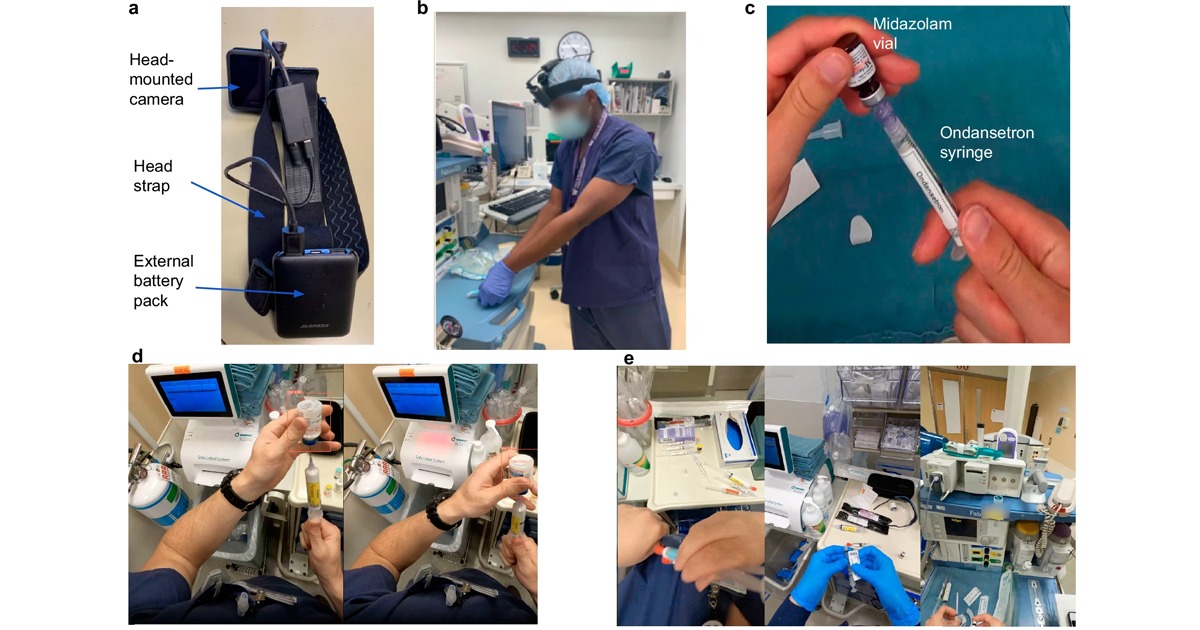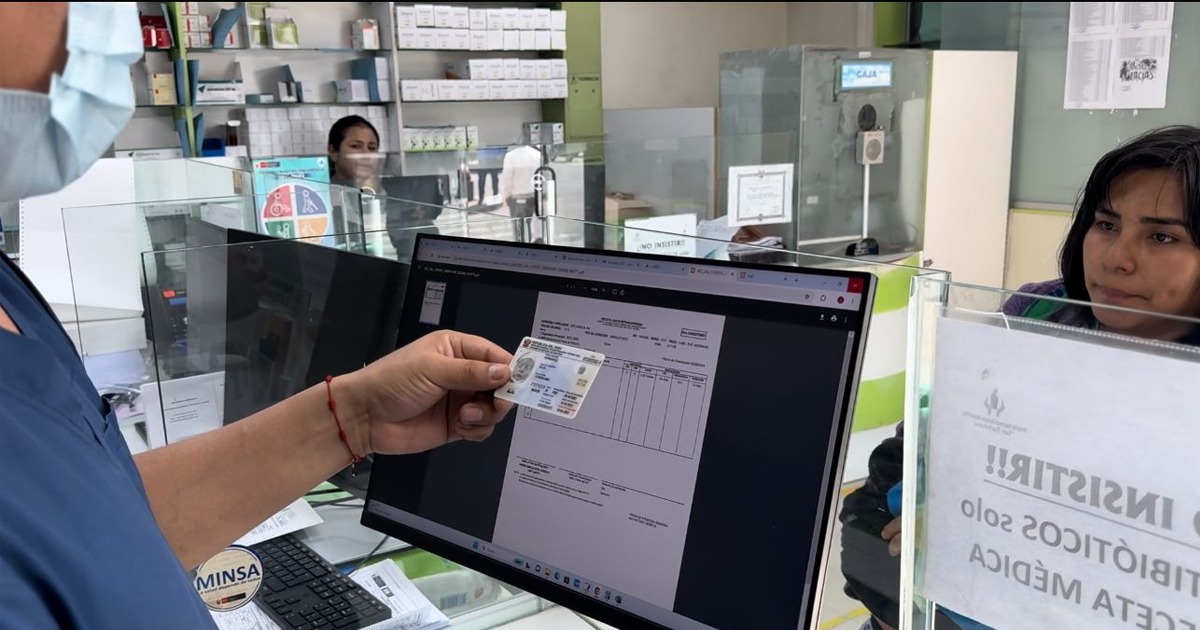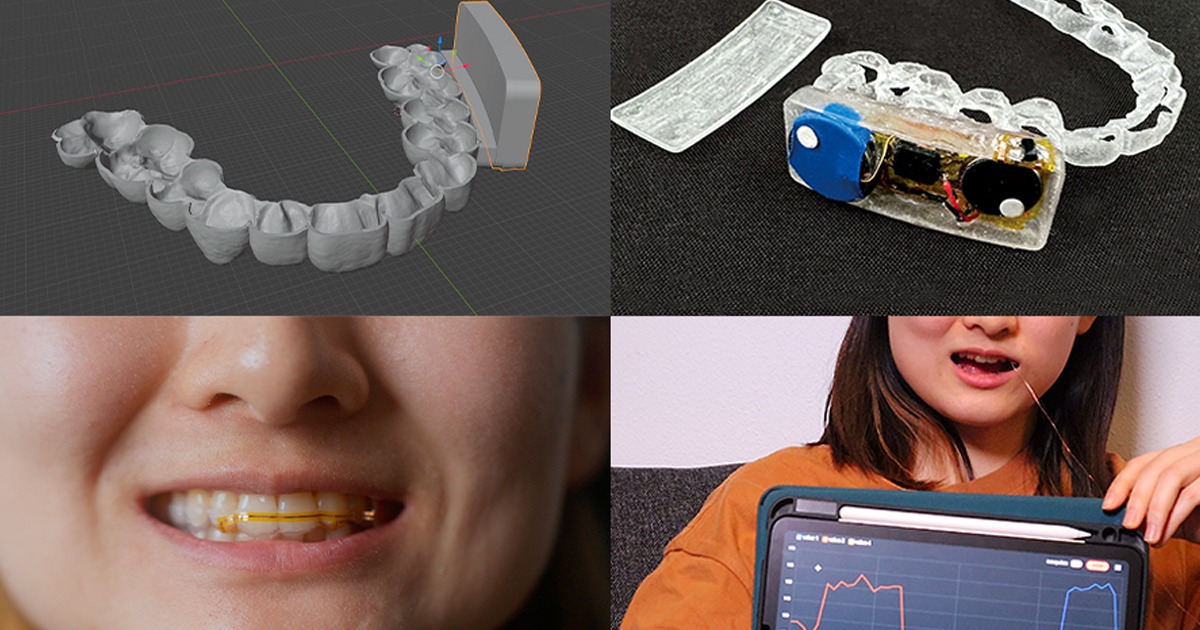Doctors from some localities in Uruguay began several years ago to use video calls and telephone calls to carry out remote consultations or to request advice from specialists.
Dr. Norberto Borba began in 2014 to carry out interventions such as support consultations in different locations in the department of Cerro Largo in Uruguay, which would be the first telemedicine actions in that region.
Almost simultaneously, the Uruguayan Society of Telemedicine and Telehealth (SUTMTS) emerged, with whom it established direct communication. Similarly, the State Health Services Administration (ASSE) contacted Dr. Borba to obtain more information about his telemedicine methods and the adaptation of patients to these modalities.
Six years later, after the arrival of the COVID-19 pandemic in 2020, the useful methods implemented by Dr. Borba were critical in dealing with the health emergency. The Uruguayan Medical Union (SMU) asked health service providers to establish teleassistance and telephone assistance centers to avoid COVID-19 infections and the measures were quickly adopted in March of the same year, the same month in which the first contagion was registered in Uruguay.
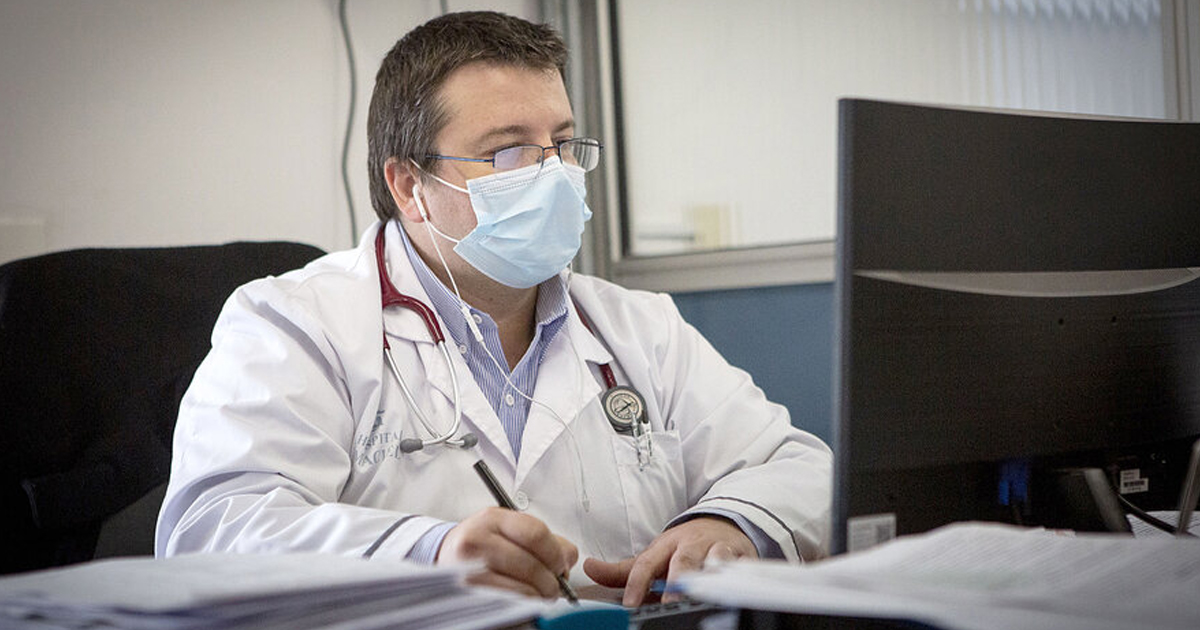
By April 2020, Law No. 19,869 was approved, which managed to establish guidelines for the implementation and application of telemedicine in the country, an important step for health and digital services in Uruguay.
“It should be said that it is the tool to be able to access emergency medicine, the second consultation, the specialist consultation. Always understanding that it will not replace face-to-face care,” Gabriel Antoniol, president of SUTMTS, told the Semanario Busca.
Brigitte Bauml, telemedicine coordinator of the Assistance Center of the Uruguayan Medical Union, explained to the same outlet that the telemedicine consultations allowed the doctor to meet the patient in their usual environment, accompanied by their family, in situations of stress or other situations that They cannot be perceived in the clinics. In addition, he recognized that telemedicine is not a substitute for face-to-face care: "it does not replace face-to-face consultation, but rather it is a complementary consultation," he concluded.
Various hospitals in Uruguay began to navigate the telemedicine environment, in order to continue offering care during the pandemic. Some hospitals, such as the British Hospital, began to attend consultations by telephone. Likewise, the health emergency accelerated the implementation processes of telemedicine strategies that were planned before the pandemic.
